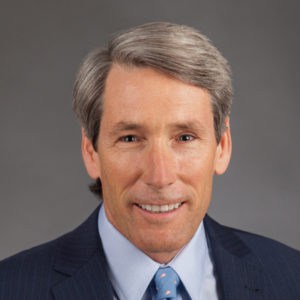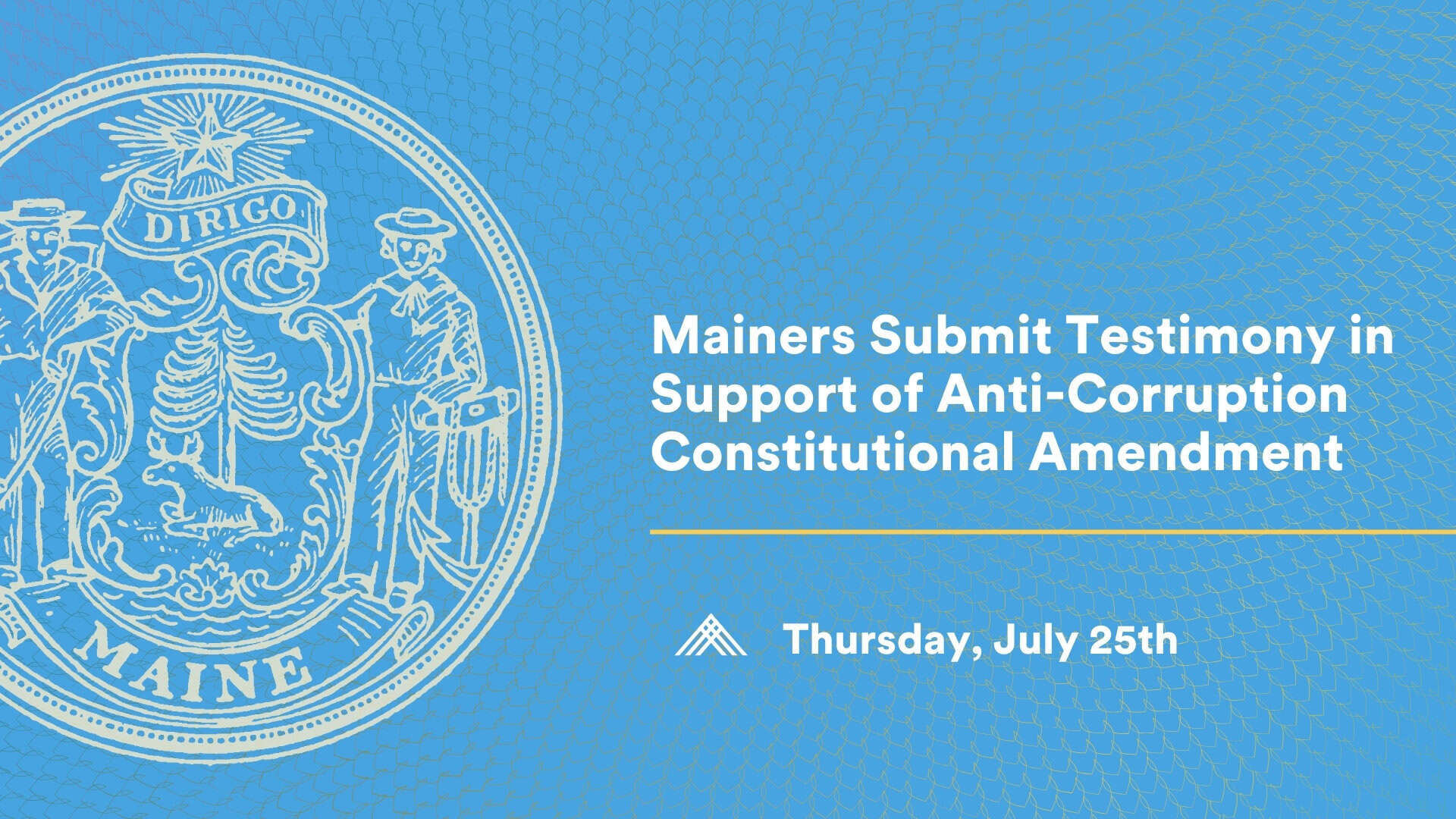Kevin Johnson is executive director of Election Reformers Network, an organization of election experts advancing nonpartisan reforms to U.S. democratic institutions. Here he outlines why a new relationship between corporations and community must include respect and support for democracy.

It is tempting to see fate in David Koch’s passing away the same week that the CEOs of the country’s largest companies announced that corporations should have a purpose beyond just profit. David and his brother Charles have done more perhaps than any other corporate titans to create the situation in American capitalism that the Business Roundtable seemed to be addressing as it redefined the purpose of a corporation.
As Christopher Leonard, author of extensive reporting on the Kochs, wrote in The New York Times, “Koch Industries realized early on that it would be a financial disaster for the firm if the American government regulated carbon emissions or made companies pay a price for releasing carbon into the atmosphere.” The Kochs have spent massive sums to fund attacks on climate science, block climate change policies, and unseat apostate Republicans. Leonard notes how the Republican Party, which once had a platform that included support for carbon reduction, has been transformed by the Koch network into “one that not only refuses to consider action on climate change but continues to deny that the problem is real.”
The Koch brothers have also given very generously to a range of good causes, but in Leonard’s words, David’s “most lasting political legacy might very well be the rapidly warming world that he has left behind.”
The word “democracy” did not appear in the Business Roundtable’s recent statement on corporate responsibility beyond profit. But surely the crisis of confidence in capitalism we are living through is really about democracy, about the impact of massive wealth, largely created through corporate profit, at work with minimal constraints in our political system. In the 2018 election cycle, 40 families gave a combined half billion dollars to campaigns and political action committees. In the face of that level of concentrated money, how can a democratic process of arriving at policies that work for the majority stand a chance?
As Columbia law professor Timothy Wu wrote earlier this year: “The defining political fact of our time is the inability of even large bipartisan majorities to get what they want.” Americans know, for example, that after every mass shooting the supermajority for reasonable gun control will once again not see their calls for change translate into legislation.
We are a resilient and optimistic people, and Americans have set to work to fix this democratic deficit that places our system last among western countries in electoral integrity. In many states, citizen movements have backed Constitutional amendments for reforms like increasing transparency in election spending and ending gerrymandering. But in states like Michigan, North Dakota, and Missouri, state chambers of commerce paid millions to campaign against those reforms. Why would business organizations spend their members’ money blocking reforms other than to keep this country’s democracy less transparent, more corrupt, and less representative of the views of the majority?
The Business Roundtable’s statement includes “supporting communities in which we work” as one of the commitments corporations should make. What could be more antithetical to supporting communities than undermining the democracy the people in those communities depend upon?
One can be angry about these things and still believe very strongly in the virtues of capitalism, the power of free markets, and the benefits of the great wave of jobs America’s companies have created. But if there really is to be a new relationship between corporation and community in this country, that relationship has to begin with corporate respect and support for democracy, this country’s most important and most imperiled asset.
A good place to start would be for all members of the Business Roundtable to pledge their support of the 28th Amendment, which will reverse the curse of Citizens United and allow for reasonable regulations on election spending and fundraising. And state chambers of commerce should get out of the business of blocking reforms that create a more transparent and representative system.
We Americans, who cherish our democracy, are ready to welcome a different and better corporate partner; we fully accept that profits are important and needed, but corporations should make those profits without undermining the civic system we all depend on.







